.jpg)
When people think of York Region in Ontario, they may picture curving suburban streets of two-storey houses packed shoulder-to-shoulder. They might picture little strip malls that all somehow manage to look the same. They probably don’t picture kids who don’t know where they’ll spend the night.
360° Kids is an organization that has cared for youth experiencing homelessness or in crisis since 1989. Each year, it serves around 3,500 youth in York Region alone, providing food, counselling, shelter and employment assistance. We’re proud to call 360° Kids one of our community partners who support and care for youth experiencing homelessness.
An interview with Bonnie Harkness
Bonnie Harkness is the Chief Operating Officer of 360° Kids, and has been an advocate for youth experiencing homelessness for over 30 years. Bonnie sat down with us to discuss the challenges facing youth, how 360° Kids helps them, and what it’s like to walk a mile in their shoes.
FCT: Your motto is “surrounding kids in crisis with care.” What does crisis look like?
Bonnie: There are so many ways kids can find themselves in homelessness. Kids can lose their housing by family breakdown, or a mental health crisis can easily become a housing crisis. Maybe they’re not showing up to work because they’re in depression and literally cannot get out of bed. They lose their job and now they can’t pay their rent, so they lose their home.
You may have a young person who identifies as LGBTQ, and who comes out to their parents, or the parents find out. There’s a family breakdown and the young person is kicked out of the house. This could be a young person who’s getting 90s in school, playing in the band, who never had any problems with addiction or mental health, who now finds themselves on the street with nowhere to go, no resources.
There’s a trickle-down effect. Kids start not going to school because of everything they’re managing. If they’re not living at home, there’s nowhere for the school to contact, so it’s that much harder to correct their grades as they start to slip. It affects their social life. They stop being themselves—they’re more agitated, fighting with friends and sabotaging relationships, so their network erodes as well.
FCT: How do you provide care that works for kids in so many different situations?
Bonnie: Our philosophy is to avoid a cookie-cutter approach—all the evidence demonstrates that it doesn’t work. We spend a lot of time individually with each kid, doing case management, getting to know the young person. You learn their skills, abilities, limitations, areas where they need some built-up life skills.
We believe in nurturing young people and we have high standards for ourselves—we’re known as the “hotel” of youth shelters. In some people’s minds, that means kids will never want to leave. I think we should take a second look when we say things like that. Why does a young person who is homeless deserve less? Nobody wants to live in a shelter, and everyone wants to have some sense of independence. While we’re working on all their other barriers, why can’t they live with dignity?
We work with community partners as well, because we can’t possibly do it all alone. They help fill gaps where we might not have expertise. It’s about bringing the right service to the right kid at the right time. We’re pushing ourselves to think about our programs differently and manage them differently.
FCT: Can you expand on that? What programs are you thinking about differently?
Bonnie: We’re recognizing, especially in the opioid crisis, that we have to be more adaptive to what’s really happening. There are young people who have addictions, and they’re using regardless, so our first step is to minimize the risk to them and to the community.
It’s important to treat the cause, not the symptoms. People use drugs and alcohol, and become addicted because other things are missing in their lives. We have to focus our efforts on what’s missing in order to really help them. While we work on treating those causes, we need to make sure our young people aren’t dying—that’s the role harm reduction plays in caring for our kids.
It takes other shapes, too: every young person who comes into our facility as a resident gets a naloxone kit and naloxone training. They might not have ever done drugs, and may never do drugs—that’s okay, we’re still going to give that person a kit. If they’re at a party where someone’s overdosed, the chances of survival are that much higher. What I love about our organization is that we challenge ourselves to always think differently about what more can we do at home, instead of just watching our kids die of opioids.
The 360° Experience
Every year, at the start of March, 360° Kids organizes the 360° Experience: an overnight fundraising and educational event held throughout York Region. Leading up to the night, participants raise sponsor donations to support 360° Kids’s programs, and spend the night of the Experience out on the street with the resources someone young experiencing homelessness would have. This year, participants raised $334,972.00—over double the fundraising goal. Two of our team members, Chloe Morrison and Laura Niro participated in this year’s 360° Experience:
Chloe: There was a house right in front of me, but I couldn’t go in. So I walked and sat down at a local coffee shop to have a tea, but before I knew it, it was time to get moving again. In this moment, I felt the fear of being displaced, and the uncertainty of where to go next. It was about -12 degrees Celsius, and every fast-food place or superstore would be closing in the next hour. Where could I keep warm in a city with no nearby train station, no 24-hour businesses and no shelter where I felt safe to close my eyes?
Laura: It was -7, a clear night, and I needed to find somewhere warm. With no coffee shops open in the area, I ducked between two buildings to get out of the wind. Just as I started thinking about how alone I felt, I heard voices—it was building security. They asked me to move along. It was getting colder, -9.
I hopped on a bus, but knew I could only stay until it finished its last route at 12:18 am. I would need to figure out where to spend the night. As I sat, finally starting to warm up, I thought of all the youth that do this every day. I felt the isolation and boredom—no sense of belonging, just a hoping to keep safe and find a warm place to sleep. The bus pulled up to the last stop—the night had gotten colder again.
FCT: What has your organization learned from the 360° Experience?
Bonnie: I did the 360° Experience myself, one year. I’ve been working with youth experiencing homelessness for 30 years, and at 360° Kids for 20. Kids who come to 360° Kids tell us stories, but I hadn’t walked a mile in their shoes. That night, I walked into a Tim Hortons and I saw one of our kids and his girlfriend sleeping on a table.
I speak to this in my job, I tell people that this happens. But you know how disturbing it is to actually see it in action? That a whole night you’re spending slumped over a table and that’s considered your sleep for the night. No wonder our kids are coming in tired and needing to lie on the couch. That was moving for me.
That same night I saw one of the kids that I’d worked with, who was now a man. It had been 15 years since I’d worked with him directly at one of our programs, and so I didn’t say anything at first. Then he turned around and saw me. He totally lit up and came running over and gave me a big hug and was like “I was just thinking about you guys last week!”
He started telling me about the people he’s kept in contact with and what they’re doing, who’s married, who has kids, who’s still struggling. I thought to myself: here’s a kid I haven’t seen in 15 years and he was thinking about those times last week.
I learned that our impact lasts a lifetime. It’s not about just giving a service—no kid ever walks through our door and says “I hear you do great counselling,” that’s not why they’re coming. They’re coming because of free food and free recreation, but what they get when they leave is a connection that is lifelong.
Find out how you can help support 360° Kids, and make a difference to youth experiencing homelessness in York Region.
®Registered Trademark of First American Financial Corporation.






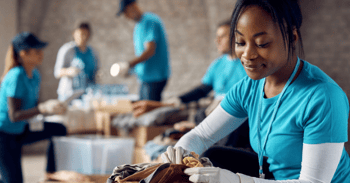




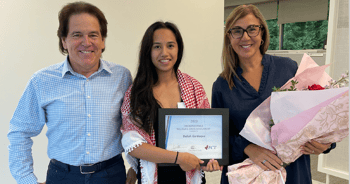
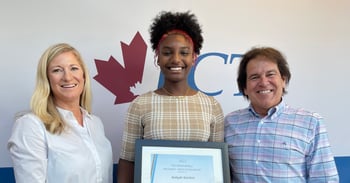
-min.jpg?width=350&height=216&name=covenant-house-vancouver-fct-partner-blog%20(1)-min.jpg)
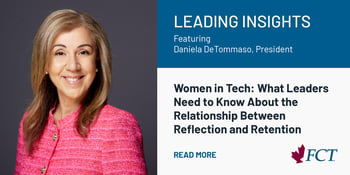

.jpg?width=350&height=216&name=youth-homelessness-360-kids-ontario-blog%20(1).jpg)
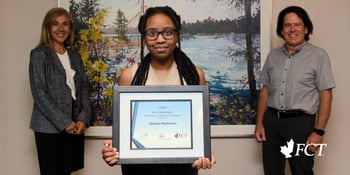

-min.jpg?width=350&height=216&name=FCT-Blog-30-years-intro-post%20(1)-min.jpg)

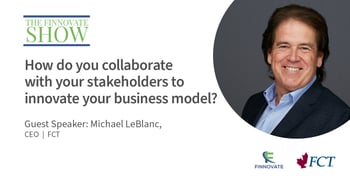
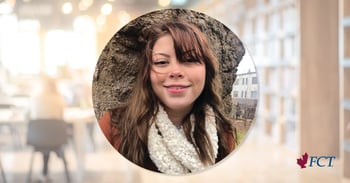
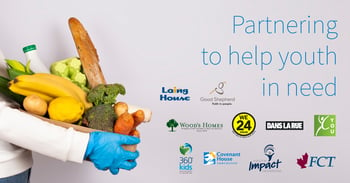
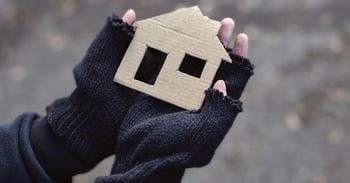
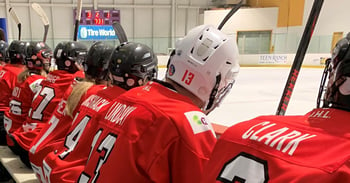


-min.jpg?width=350&height=216&name=Blog-Post-William-G-Davis-Scholarship%20(1)-min.jpg)

